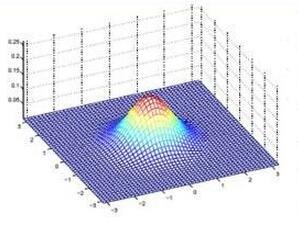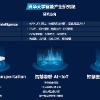This study introduces the Urban Site Evaluation using Latent Factor Analysis (USE-LFA) framework, a data-driven methodology for selecting optimal urban port locations, demonstrated through a case study in Seoul. USE-LFA identifies six critical urban factors categorized into suitability (operational feasibility) and attractiveness (operational merits), enabling a holistic evaluation of potential sites. The framework employs latent factor analysis to uncover hidden patterns in urban data, integrating diverse attributes such as floating population, economic activity, and infrastructure connectivity. A composite metric, the v-score, balances suitability and attractiveness, offering flexibility to prioritize specific strategic goals. Spatial analysis reveals distinct regional typologies-balanced, suitability-biased, and attractiveness-biased regions-highlighting the adaptability of USE-LFA across varying urban contexts. Beyond its application to vertiports, this versatile framework provides valuable insights for integrating emerging mobility technologies and transit hubs into complex urban environments, supporting sustainable urban planning and informed policymaking.
翻译:暂无翻译



